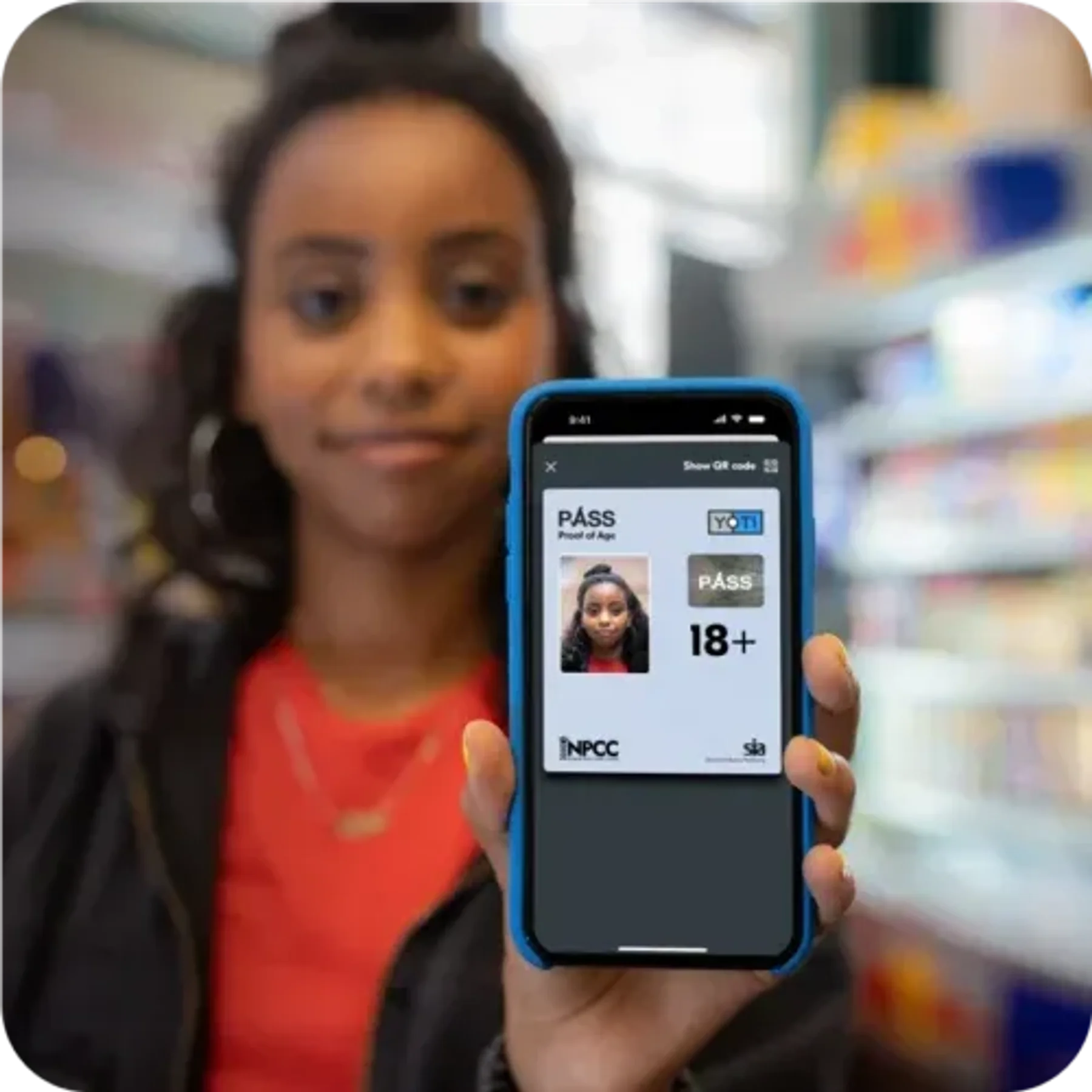Spotify's Face-Scanning Age Verification: A Step Too Far?
Spotify's new face-scanning age checks stir widespread debate on privacy and effectiveness amid legal compliance.

Spotify's recent implementation of face-scanning age checks for UK users has ignited debate and concern across digital communities. As the latest platform to enforce age verification under the UK's Online Safety Act, Spotify joins the ranks of Xbox, Discord, and Reddit, all of which have recently instituted similar measures to comply with the law. The act mandates stringent ID verification for accessing mature content, purportedly safeguarding younger audiences online.

As of July 25, Spotify began requiring users to prove their age through facial scanning or ID submission, depending on the situation. In partnership with biometric ID firm Yoti, Spotify initiates verification checks for users potentially under the age of 13 or those attempting to access age-restricted content. Failure to comply could lead to account deactivation and eventual deletion — a heavy-handed approach that raises significant privacy concerns among users.
While Yoti asserts that all biometric data is deleted post-verification, the usage of such technology has been criticized as invasive. Users have reported being flagged for age checks despite being well past the legal age, adding to the skepticism surrounding the process’s effectiveness and accuracy. Concerns have also been raised regarding potential workarounds for these checks. For instance, underage users might bypass restrictions by using VPNs or borrowing parental IDs. The situation mirrors Discord's recent blunder, where its age verification system was easily fooled by AI-generated images.

Additionally, Spotify's recent controversies aren’t limited to its new age-check policy. Several artists, including King Gizzard and the Lizard Wizard, have pulled their music from the platform after CEO Daniel Ek's investment in AI drone technology, following the lead of artists like Deerhoof and Xiu Xiu. These actions further question the direction in which Spotify is heading — balancing user safety, privacy, and ethical business practices.

While the Online Safety Act aims to shield young users, the execution of its mandates appears to be a step too far for many. It raises fundamental questions about privacy, digital security, and the growing pains of balancing regulation with user freedoms in our interconnected age. As Spotify moves forward, it must navigate these challenges, ensuring its approach isn't merely effective but respectful of user privacy and choice.




